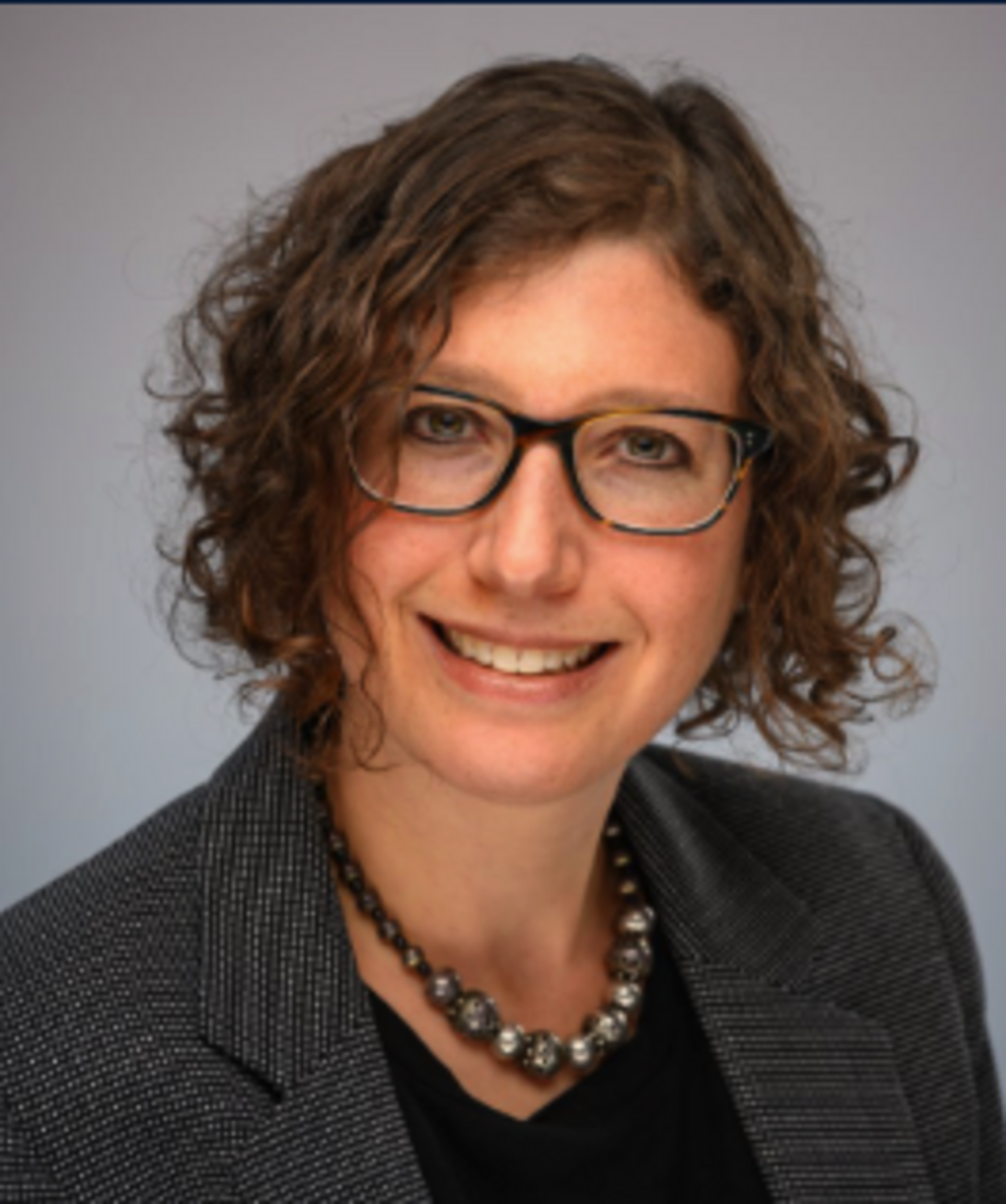Guest researcher joins AU project on Transregional Shi‘a Relations between the Arab World and Africa
Mara Leichtman of Michigan State University will spend this semester in the Department of Political Science on an AUFF fellowship.

Mara Leichtman is on sabbatical this year from her position as an Associate Professor of Anthropology and Muslim Studies at Michigan State University. She is spending the Autumn semester as a guest researcher in the Department of Political Science on an AUFF fellowship (she has a Master’s degree in International Relations). Her research highlights transregional connections between the Middle East and Africa; Kuwait’s foreign assistance; Senegalese and Tanzanian politics; and the interconnections among religion, migration, and economic development. Her current book project, Humanitarian Islam: Transnational Religion and Kuwaiti Development Projects in Africa, explores interconnections of Islamic movements in the Middle East and Africa, while focusing on South-to-South aid. It unpacks the micropolitics of Islamic humanitarian giving, a key component of Kuwait’s foreign policy, through exploring how state policy, civil society, pious donors, and international beneficiaries are intertwined.
While visiting Aarhus University, Mara will collaborate with Morten Valbjørn and Thomas Brandt Fibiger on the project “Studying Transregional Shi‘a Relations between the Arab World and Africa.” This interdisciplinary, interregional (Middle East, Africa, Indian Ocean), inter-departmental project brings together and expands on insights from various other Aarhus University research projects on Shi‘a/Sunni relations. The project’s aim is two-fold. As much of the existing research on Shi‘a-Sunni relations narrowly focuses on the Middle East, it will comparatively analyze how sectarian relations in different regional contexts are interrelated. The second goal is methodological and concerns how the combination of analytical tools from political science, anthropology, and religious studies can enrich our understanding of Shi‘a transregionalism.
